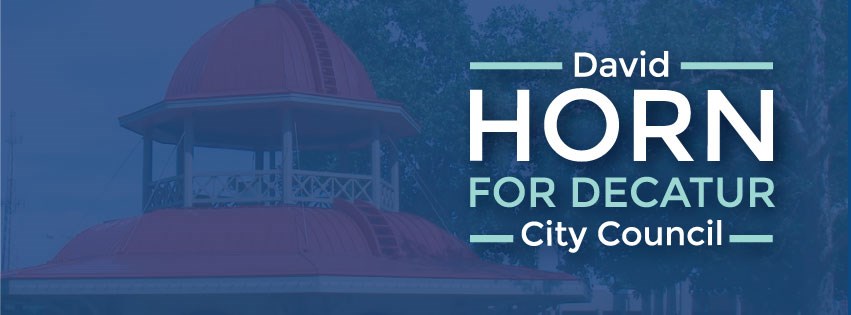
Its past time to say goodbye to unsafe structures in Decatur
Recently, Decatur Public Schools approved an intergovernmental agreement with the city of Decatur in which the city and school district agree to split the cost of demolishing the former Woodrow Wilson school building and transfer ownership of the site to the school district (an agreement the city council is likely to pass at its next meeting). Demolition of this dilapidated structure will remove an eyesore and improve the condition of this neighborhood. Too much of Decatur’s urban core is blighted and what the proposed agreement between the city and school district demonstrates is that removal of unsafe structures benefits everyone and improves our neighborhoods.
THE FORMER WOODROW WILSON SCHOOL BUILDING IS PART OF A DISADVANTAGED COMMUNITY
This dilapidated, vacant building is within a neighborhood that is considered disadvantaged. It is in the 88th percentile for people in households where income is less than or equal to twice the federal poverty level, 96th percentile for share of homes that are likely to have lead paint, 98th percentile for number of unemployed people as part of the labor force, and 17% of people aged 25 years or older have less than a high school diploma (https://screeningtool.geoplatform.gov/en/#14.39/39.83524/-88.96973).
DECATUR NEEDS TO REMOVE MORE OF ITS DERELICT PROPERTIES TO IMPROVE ITS NEIGHBORHOODS
Years of limited investment in our urban core may be why the city currently has hundreds if not thousands of unoccupied housing units that are in disrepair. The number of Decatur housing units declared unfit for human habitation YTD thru November 2022 was 459, a 73% increase from the 265 units declared unfit thru November 2019 (pre-COVID). In addition, the number of housing units the city has boarded up thru November 2022 was 319, a 114% increase from the 149 housing units boarded up thru October 2019. The city has estimated that between 250-300 houses need to be demolished each year to keep pace with the rate of blight. YTD thru November 2022, the city has demolished 61 housing units (24% of what is needed).
DECATUR HAS MILLIONS IN ADDITIONAL FUNDS TO SUBSTANTIALLY IMPROVE OUR NEIGHBORHOODS.
The city of Decatur has millions of additional dollars beyond what is allocated in the 2023 budget to improve neighborhoods. Specifically, the city council can:
1) Reallocate remaining American Rescue Plan (ARP) funds to neighborhood revitalization and public safety – The 2023 budget proposes spending $4.7 million in ARP funds for the clarifiers project at the water treatment plant and $3.7 million to the Ellen/Division sewer project. The $8.4 million in water projects could be paid for by bond proceeds the city received in 2022.
2) Adopt a 60-day cash reserve and use the additional ~$6.4 million for ongoing neighborhood revitalization efforts for which unrestricted funds are needed. In 2022, Moody’s provided an update to Decatur’s credit and one of its strengths was the city’s healthy reserves. The report was issued when the cash reserve was $17.5 million. Cash reserves are projected to be at $22.1 million by the end of the year.
3) Have the public works department advocate for more innovative, less expensive solutions to infrastructure challenges. In regards to the Oakland and Grand sewer separation project, city staff selected an option that was $4.9 million more expensive than another viable option. Ironically, the less expensive option for the separation project would have created more greenspace and possibly recreational opportunities in a blighted area.
Combined the 2023 budget has ~$20 million in spending for which there are less expensive alternatives or alternative funding sources. Most importantly, $20 million of additional funding toward neighborhood revitalization and public safety can be transformative in addressing the long-standing problems the city faces, assistance that would benefit our school children today and in the future.
